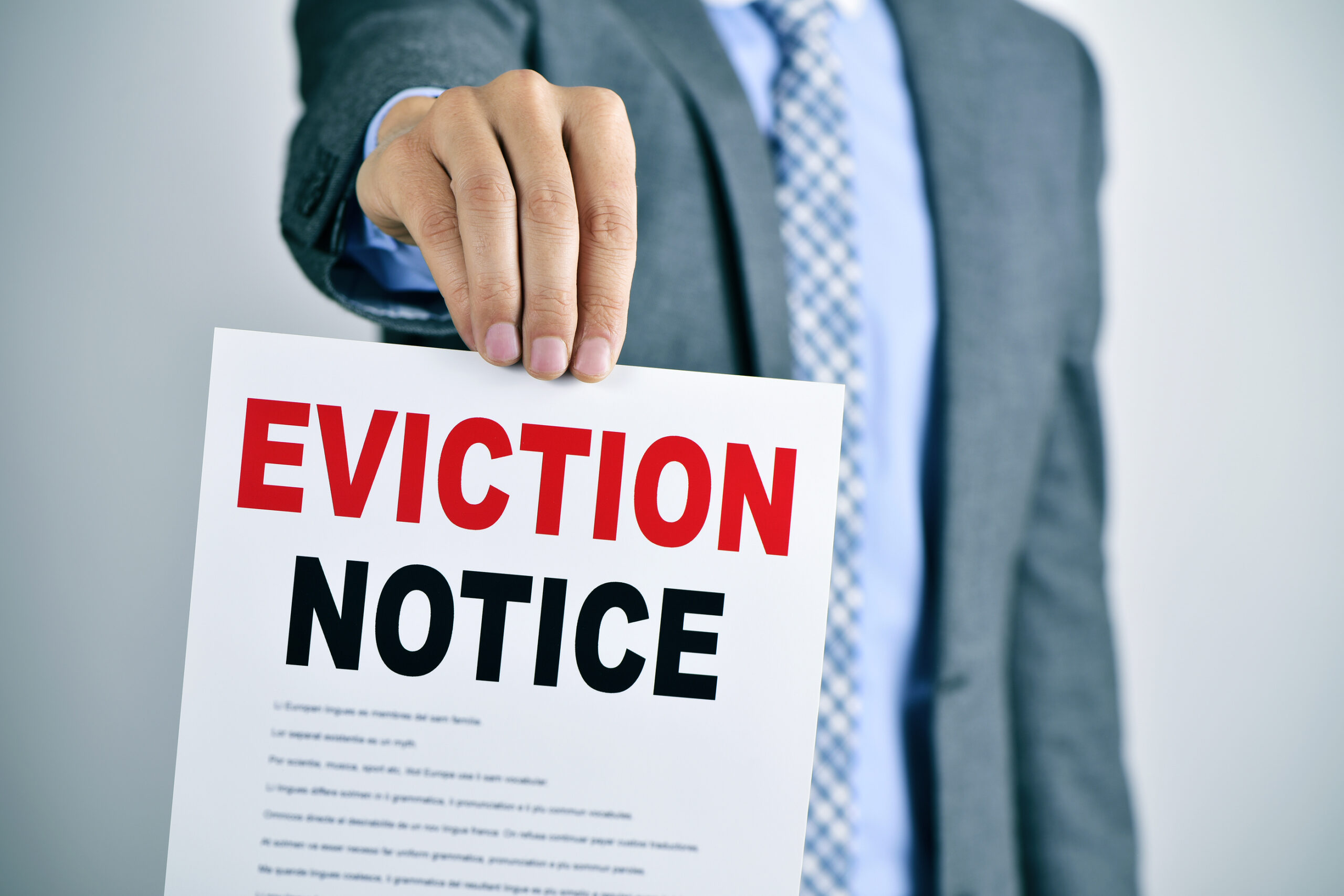Blog

Trusted Northwest Suburban Law Firm
847-944-9400
With 2016 almost here, it might be the perfect time to make a change in your living situation. If you’re having serious problems with your roommate and you are unsuccessful in getting them to leave on their own, your next option is to work with your landlord to take action. Here are some things to know to get the process started.
1. Only a landlord can evict a tenant. Contrary to popular belief, a roommate cannot evict another roommate. Only the landlord can because they own the property and have control over who lives there. However, the landlord can file for an eviction if the lease agreement is broken in some way, for example, not paying rent or doing something illegal in your living space. Landlords can only evict someone if they have broken the lease. Don’t expect them to help you resolve personal disputes or evict your roommate because you are not getting along–you must work that out on your own.
2. Your roommate’s name must appear on the lease. The best way to make roommates liable for their actions is to make sure that everyone living in the apartment is on the lease in the first place. It is the only way to ensure that all parties are bound to paying rent and keeping the property in good condition. A landlord may not be able to evict your roommate by name if they are not listed on the lease. However, they may be able to evict you for having someone living in the apartment who is not on the lease.
3. You must communicate with your landlord. If you cannot resolve the problem with your roommate on your own and the roommate is violating the lease, you may need to contact the landlord. Do so in writing and let them know how your roommate has broken the lease agreement. Be specific as to what the roommate did and when. Be sure to keep a copy of the correspondence and any subsequent communication in writing. If you discuss details with the landlord by phone, send an email to confirm that the conversation took place and what was resolved.
4. Your situation could potentially affect your credit score and reputation. If a roommate is in violation of the lease, you may be responsible for their wrongdoings. For example, if the roommate did not pay their share of the rent, it must still be paid in full to the landlord. Everyone on the lease is equally responsible for paying rent. Therefore, a landlord is able to evict you both if he is only paid half the rent. In order to avoid affecting your credit score, try to work out any issues you have with your roommate by yourself or come to an agreement with your landlord. Your landlord might say they won’t take action against you but still name you in the complaint.
If the tenant is to be evicted, the Court may only stay enforcement of the court order for a couple weeks. After that, the landlord can contact the sheriff to remove the tenant from the property.
In the case of roommate disputes, an ounce of prevention is worth a pound of cure. Always share your apartment with someone trustworthy and responsible, who will stick to the lease agreement and above all, pay their rent religiously. However, when the issue becomes serious enough to warrant a legal opinion, Gardi, Haught, Fischer & Bhosale LTD is here to help. Contact us at 847.944.9400.
